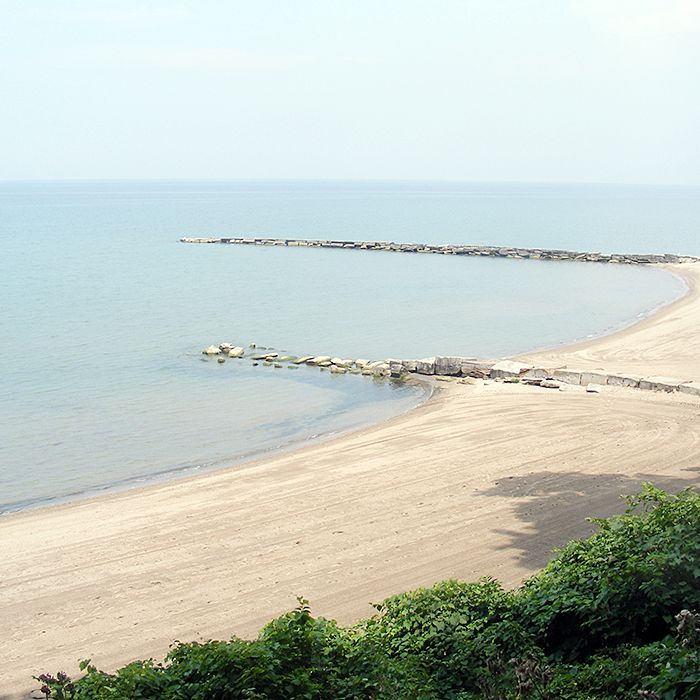
Efforts by a group of mayors to overturn a decision allowing a Milwaukee suburb to draw water from the Great Lakes deserve our attention and support.
The Great Lakes and St. Lawrence Cities Initiative, representing more than 120 communities on both sides of the Great Lakes, including Chatham-Kent, sees the issue as one which could have catastrophic consequences.
We agree.
In granting Waukesha, Wisconsin a permit to divert up to more than eight millions gallons of water per day, a bureaucratic entity known as the Great Lakes Compact has effectively compromised an agreement on how the lakes are to be used.
Until now, only communities from within the Great Lakes basin could use the water. The decision could be the beginning of a slippery slope that leads to water being diverted to regions as far away as the arid southwestern U.S. states who have drained their aquifers to record lows.
While the Great Lakes contain 20 per cent of the world’s fresh water, it is a resource that will only thrive if managed properly.
Scientists estimate that only one per cent of the lakes’ water is replenished each year through rain and snow.
The remainder is water that has been in the lakes since the glaciers that created them 12,000 years ago retreated.
The municipalities, with the support of environmentalists, are appealing to Prime Minister Justin Trudeau and American President Barak Obama as well as the International Joint Commission.
Many of Canada’s largest cities lie along the lakes and the St. Lawrence River, and much of the trade and commerce of Ontario, Quebec and the American midwest will be in jeopardy should the Great Lakes become a water tap.
Unless American over-development in desert regions is curtailed, we are all in danger.
It is in both American and Canadian interests to protect the Great Lakes at all costs.






